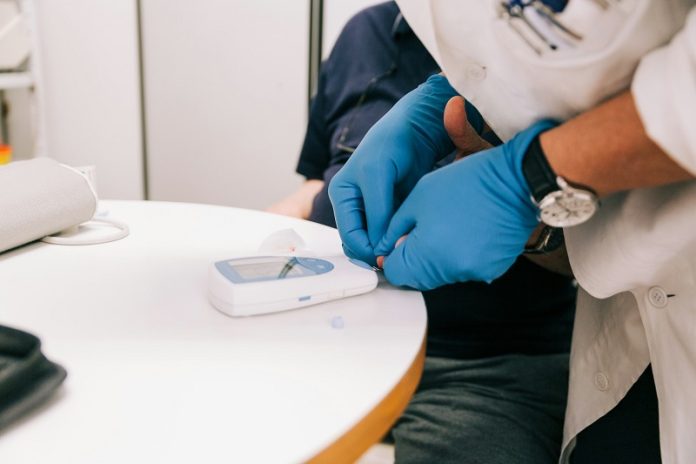
New research has shown that low levels of lipoprotein(a), a type of fat and protein in the blood, do not cause type 2 diabetes.
This finding might help ease concerns that drugs aimed at lowering lipoprotein(a) levels could increase the risk of diabetes.
High levels of lipoprotein(a), known as Lp(a), are linked to an increased risk of heart problems, such as clogged arteries, heart attacks, and strokes.
Because of this, doctors often try to lower Lp(a) levels but have worried about a possible connection to diabetes.
The study, led by Professor Tadeusz Osadnik from the Medical University of Silesia in Katowice, Poland, was presented at the ESC Congress 2024 and published in Cardiovascular Diabetology.
The researchers used a genetic method called Mendelian randomization (MR) to investigate whether low Lp(a) levels actually cause diabetes.
The results showed that it’s not low Lp(a) causing diabetes, but rather high levels of fasting insulin, which leads to pre-diabetes and type 2 diabetes. Fasting insulin is the amount of insulin in the blood after not eating for a while.
Professor Osadnik explained that their findings suggest that hyperinsulinemia (high insulin levels caused by insulin resistance) is responsible for the link between low Lp(a) levels and an increased risk of diabetes.
He added that insulin in the body seems to slightly reduce Lp(a) levels, but this doesn’t mean that low Lp(a) causes diabetes.
Earlier this year, Professor Osadnik and Professor Maciej Banach from the Medical University of Lodz, Poland, and Johns Hopkins University School of Medicine in the U.S., published a study showing no direct connection between genetically predicted Lp(a) levels and type 2 diabetes. However, they wanted to explore this further because other studies hinted that more factors could be involved.
In this latest research, the team used data from the UK Biobank, focusing on genetic variations called single-nucleotide polymorphisms (SNPs) that are linked to fasting insulin levels. They conducted several analyses to understand how these genetic variants are related to fasting insulin and Lp(a) levels.
Professor Banach emphasized that their analysis shows higher fasting insulin levels cause a decrease in Lp(a), and there’s no evidence that it works the other way around. He pointed out that while there is a relationship between Lp(a) and diabetes, Lp(a) is unlikely to be a direct risk factor for diabetes. Instead, it’s more about the effects of high insulin levels due to insulin resistance.
The study also suggests that while treatments aimed at reducing insulin resistance or high blood sugar may increase Lp(a) levels, the overall benefits for heart health outweigh the risks. Controlling blood sugar levels improves survival rates, even if Lp(a) levels go up slightly.
However, the study had some limitations, such as relying on data from people of European descent, so the findings might not apply to other ethnic groups.
Also, the complex relationship between insulin and Lp(a) needs further research to fully understand all the factors involved. The researchers stressed the importance of looking at the whole patient, considering all risk factors, not just focusing on Lp(a), cholesterol, or diabetes alone.
Source: KSR.



